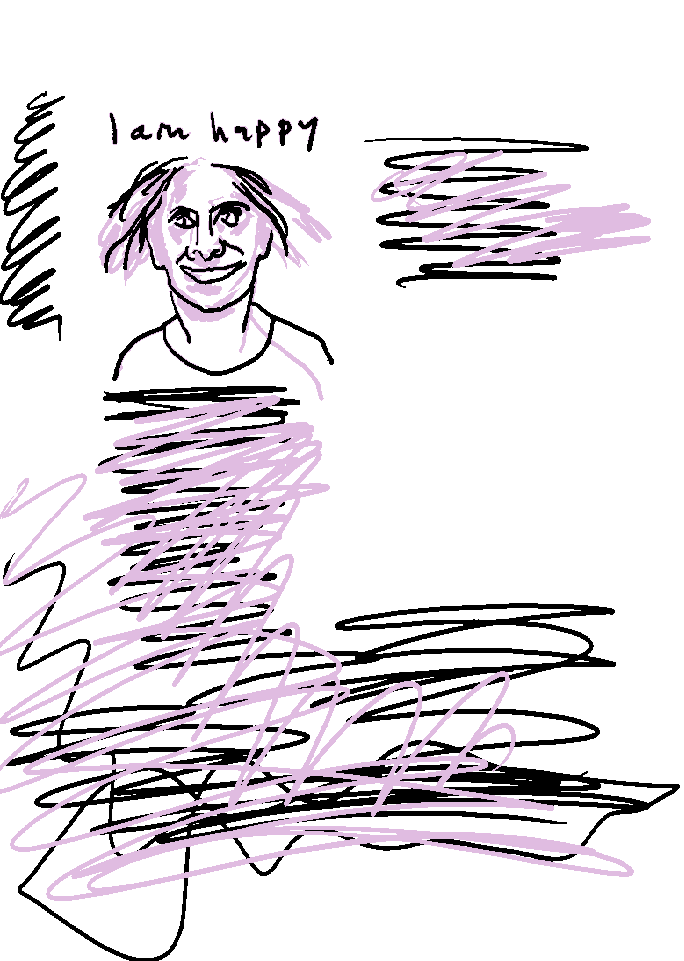The past 12 months has forced European leaders to seriously rethink their approach to national security.
If Russia’s invasion of Ukraine has confirmed one thing, it’s that peace on the continent cannot be taken for granted. The status quo – decades of low spending and defense not being a policy priority – cannot continue.
This is especially true in Germany, which has for years has spent far less on its military than many of its Western allies but is now reconsidering its approach to defense at home and abroad.
Days after the invasion began last February, German Chancellor Olaf Scholz delivered a head-turning speech to parliament in which he committed to spending 100 billion euros ($108 billion) to modernize Germany’s military capacity.
He also vowed that Germany would lift its defense spending to 2% of GDP – meeting a target set by NATO that it had missed for years – and end its deep reliance on Russian energy, particularly gas.
However, nearly a year on, critics say Scholz’s vision has failed to become reality. And Germany has been accused of dragging its feet when it comes to sending its more powerful weapons to Ukraine.
The criticism has grown in recent days as US and European leaders have piled pressure on Berlin to send German-made Leopard 2 tanks to Ukraine, or at least allow other countries to do so.
Experts estimate there are around 2,000 Leopard tanks in use by 13 countries across Europe, and they are increasingly being seen as vital to Ukraine’s war effort as the conflict grinds into a second year. But Berlin must grant these nations approval to re-export German-made tanks to Ukraine, and it has so far resisted calls to do so.
Scholz has insisted that any such plan would need to be fully coordinated with the whole of the Western alliance, and German officials have indicated they won’t approve the transfer of Leopards unless the US also agrees to send some of its tanks to Kyiv.
On Friday, a key meeting of Western allies in Germany broke up without a wider agreement on sending tanks to Ukraine, after the country’s new defense minister Boris Pistorius said no decision had yet been made by his government.
Pistorius rebuffed claims that Germany has been “standing in the way” of a “united coalition” of countries in favor of the plan. “There are good reasons for the delivery and there are good reasons against it … all the pros and cons have to be weighed very carefully, and that assessment is explicitly shared by many allies,” he added.
Germany’s decision to dig in on sending tanks will likely go down badly with its allies, both in the immediate and long-term.
Read the full analysis here.















